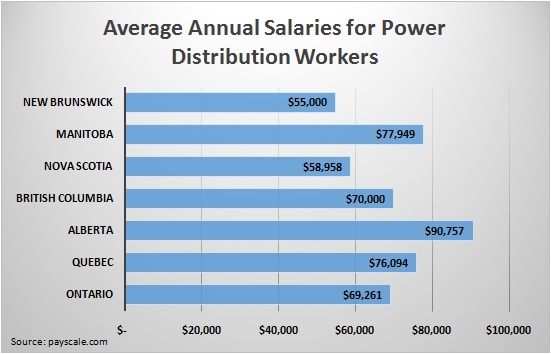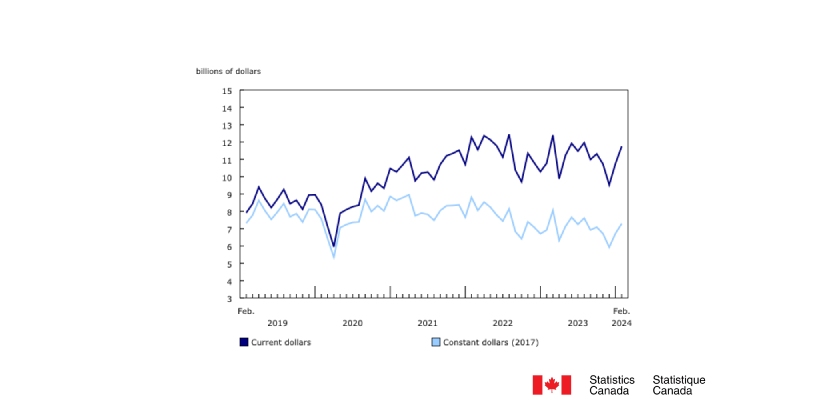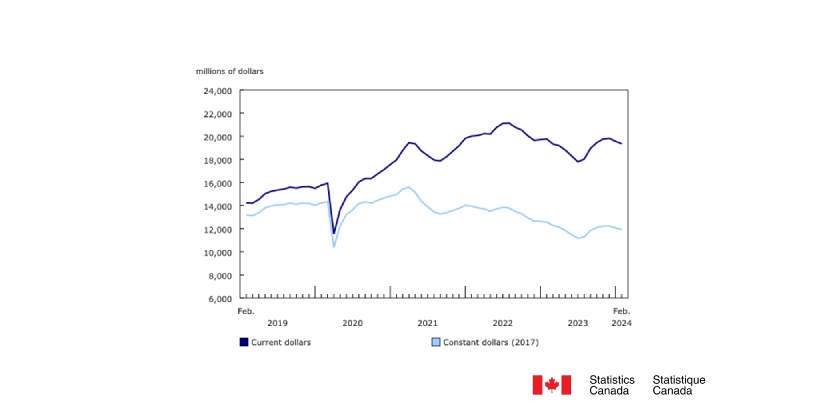The Power of Sustainability: How Local Distribution Companies Can Enable a Net-Zero Future

May 12, 2022
Climate change is the biggest environmental, social, and economic threat facing our planet today. Thorough and immediate action is required to address the root cause of climate change, namely the emission of greenhouse gases (GHGs) from the combustion of fossil fuels to power our homes, modes of transportation and economy. Local distribution companies (LDCs) will need to navigate the environmental changes in the electricity industry that will occur and plan the adoption of new policies to support Canadian net-zero goals. This paper aims to inform distributors of opportunities related to net-zero initiatives and to identify regulatory barriers that need to be addressed to enable LDCs to achieve these goals. This will assist distributors in determining which roles their LDCs can undertake to facilitate and support net-zero initiatives.
Recommendations of the Net-Zero Report:
1. LDCs should be enabled to provide a broader range of services to customers, including:
a. EV charging infrastructure, make-ready investments, and fleet services,
b. On-site solar energy and storage solutions, including facilitating installation, financing and operations,
c. Options for renewable energy supply,
d. Customer support for beneficial electrification (e.g., fuel switching to electric), and e. Options for customer adoption of energy efficiency measures.
2. To enable effective distribution system planning in Ontario, additional guidance from the Ontario Energy Board (OEB) will be required, including:
a. Providing flexibility to LDCs to implement non-wires solutions as a procured service or a capital asset owned by the LDC (e.g., energy storage),
b. Scenario planning related to potential demand forecasts resulting from net-zero initiatives, and
c. Cost recovery for grid modernization investments related to visibility and operations of DERs
3. The utility remuneration framework that supports cost recovery and regulated return on investment should establish performance metrics related to the achievement of climate friendly targets, including the connection of non-emitting DERs, supporting the adoption of EVs, and deploying energy efficiency program
4. LDCs are encouraged to form partnerships within the communities they serve to support achievement of net-zero goals
5. Ontario’s LDCs must be part of planning and decision-making to ensure customers can successfully transition to low-carbon energy options.
Go HERE to download the full whitepaper
















